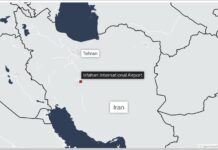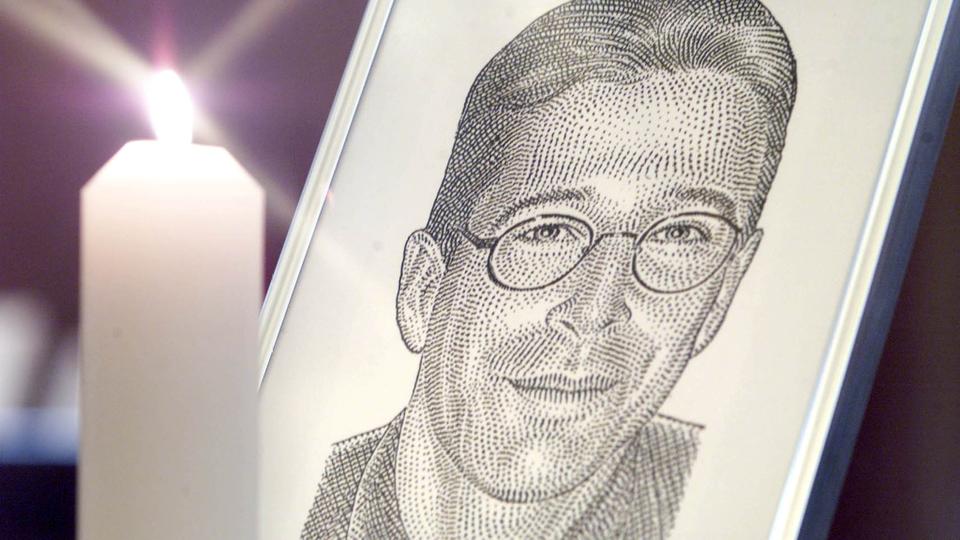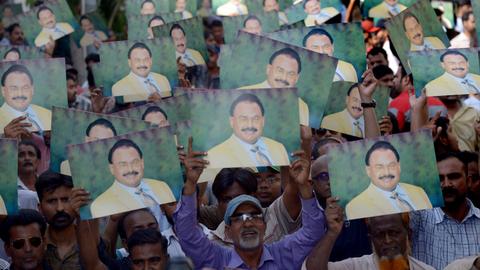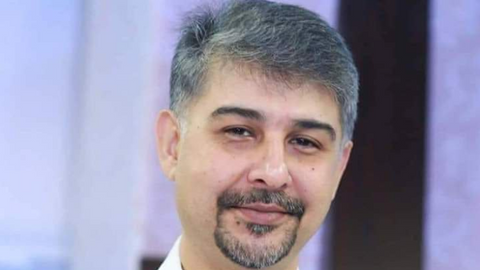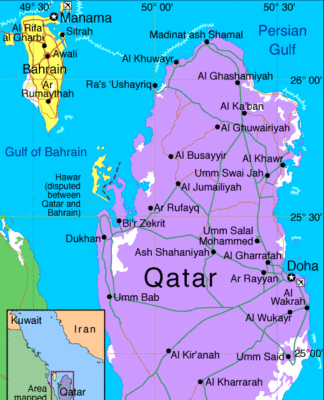Top Pakistan court frees militant convicted of beheading Daniel Pearl
Pakistan’s Supreme Court has ordered the release of Ahmed Omar Saeed Sheikh, previously convicted of beheading Wall Street Journal reporter Daniel Pearl, a decision that has left his family in “complete shock”, lawyers said.
Pakistan’s Supreme Court has dismissed a series of appeals against the acquittal of a British-born man convicted of masterminding the kidnapping and murder of Wall Street Journal reporter Daniel Pearl, paving the way for his release along with three other accomplices.
“The court has come out to say that there is no offence that he has committed in this case,” Mahmood Sheikh, who represents but has no relation to the accused Ahmed Omar Saeed Sheikh, said on Thursday.
“By a majority of two to one, they have acquitted all the accused persons and ordered their release,” a provincial advocate general, Salman Talibuddin said.
The ruling follows an international outcry last year after a lower court acquitted the 47-year-old of murder and reduced his conviction to a lesser charge of kidnapping, overturning his death sentence and ordering his release after almost two decades in prison.
Pearl was the South Asia bureau chief for The Wall Street Journal when he was abducted in Karachi in January 2002 while researching a story about militants.
Nearly a month later, after a string of ransom demands were made, a graphic video showing his decapitation was delivered to the US consulate.
READ MORE: Pakistani court orders release of man charged in Daniel Pearl killing
‘Travesty of justice’
Lawyers for Pearl’s family have argued that Sheikh played a crucial role in organising the abduction and detention of the journalist before ordering his captors to kill him.
Defence lawyers, however, say he has been used a scapegoat for the murder and was sentenced on insufficient evidence.
Sheikh and the three other men convicted of involvement in the kidnapping have been held under emergency orders by the Sindh provincial government, which has argued that they are a danger to the public.
There was no word on when they will be released following Thursday’s decision.
A lawyer for Pearl’s parents on Wednesday presented the Supreme Court a letter by Sheikh to the Sindh High Court that acknowledged he had played a role in the murder, claiming minor involvement. The Pearls’ lawyer has filed an appeal with the top court based on Sheikh’s letter to add news articles to submitted evidence in order to link Sheikh to other terrorism-related crimes.
A high court last year commuted the death penalty of the British-born Sheikh into a life sentence and acquitted his three co-accused, citing lack of evidence.
The government and Pearl’s parents challenged that decision and pleaded to the Supreme Court to reinstate the death penalty.
The Supreme Court turned down both pleas on Thursday.
Pearl’s family called the top court’s ruling “a travesty of justice” and pleaded for US intervention in the case.
“The release of these killers puts in danger journalists everywhere and the people of Pakistan. We urge the US government to take all necessary actions under the law to correct this injustice,” the family said in a statement.
In a statement last month, the then-US acting Attorney General Jeffrey Rosen said that America “stands ready to take custody of Omar Sheikh to stand trial here” after labelling the acquittal “an affront to terrorism victims everywhere”.
READ MORE: Four acquitted in Daniel Pearl murder rearrested pending appeal





